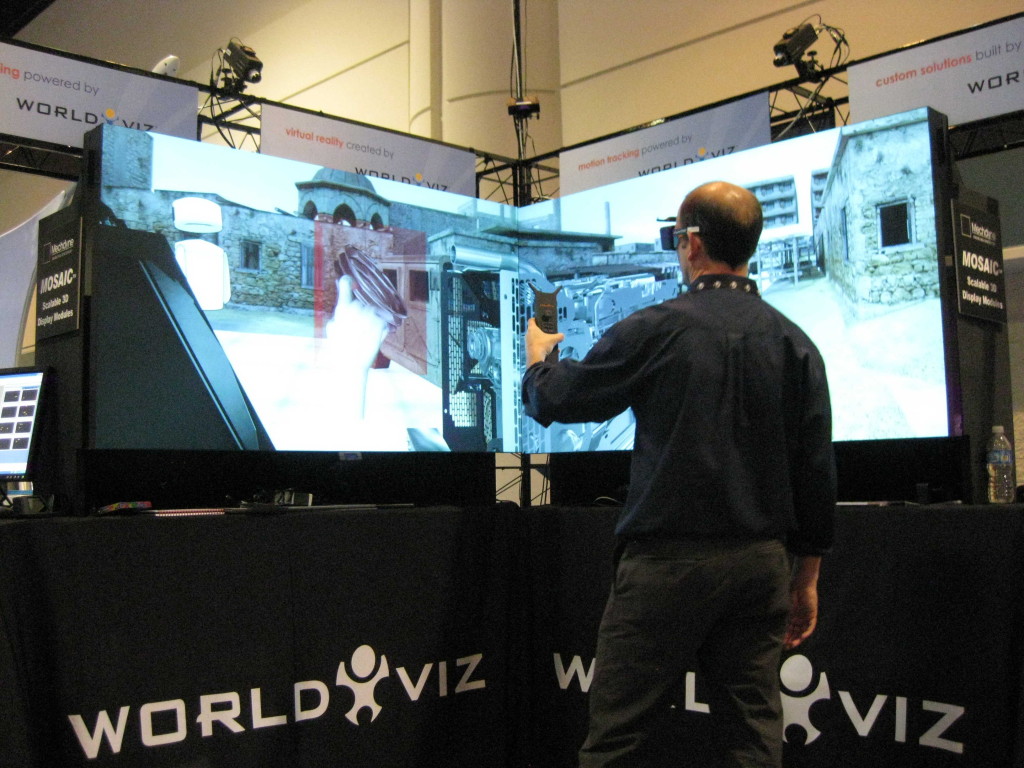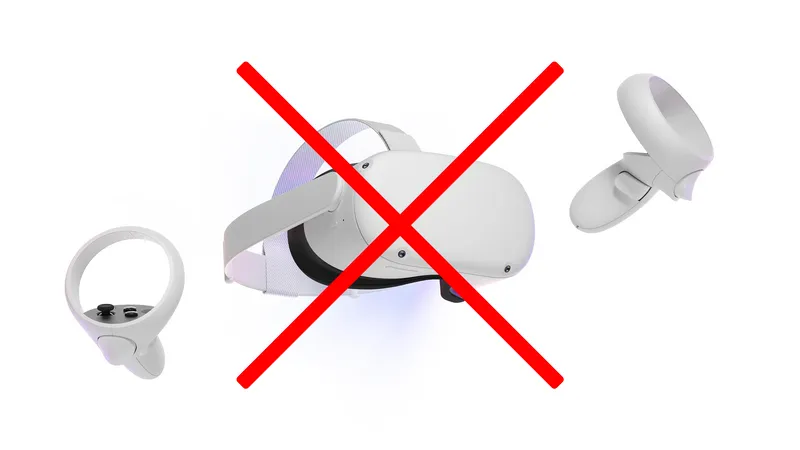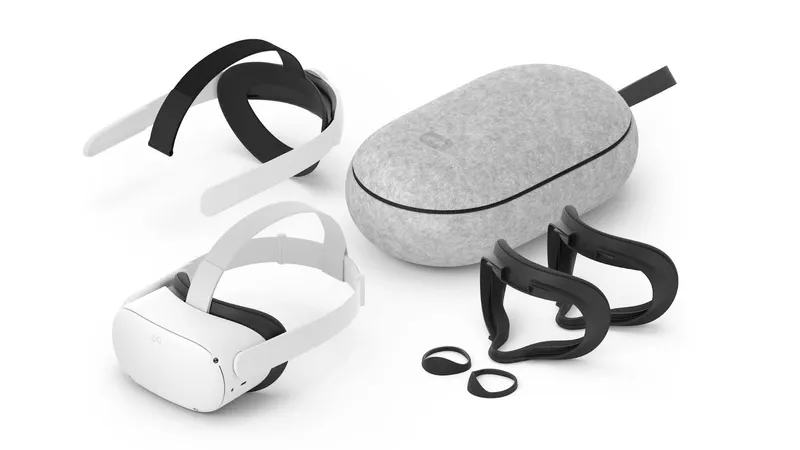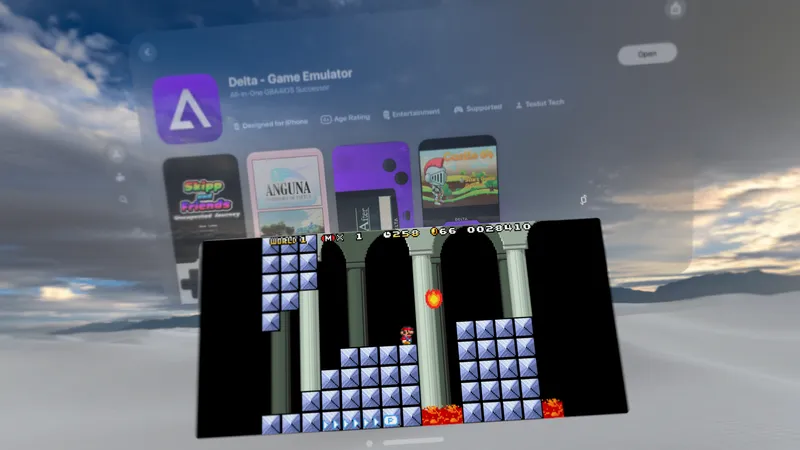Predicting the way the mixed reality industry will develop over the next decade with any specificity is impossible. However, we can look at it broadly and learn lessons from how previous technology shifts occurred as we consider the impact the current crop of companies will have during mixed reality’s push toward mainstream.
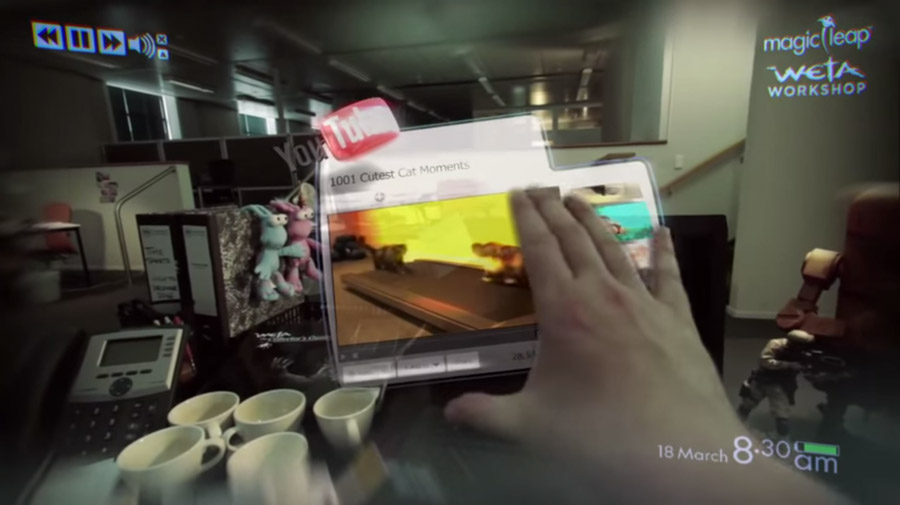
Think about what happened with the mobile revolution. Sparked by one hyper-compelling handset developed in secret by Apple, a goldrush was unleashed and over the course of about five years once innovative and formidable companies became shells of their former selves — firms like Motorola, Nokia, Palm and Blackberry. Microsoft, once a leader in the technology industry, was supplanted as Google, Apple and Samsung rose to prominence.

Today, phone manufacturers are struggling to profit in the shadow of Apple’s tight integration and Samsung’s best-in-class display technology. There are fewer and fewer places to make mountains of money in mobile phones as a few leading platforms expand globally. This is why companies like HTC and Samsung are looking to the future of virtual reality.
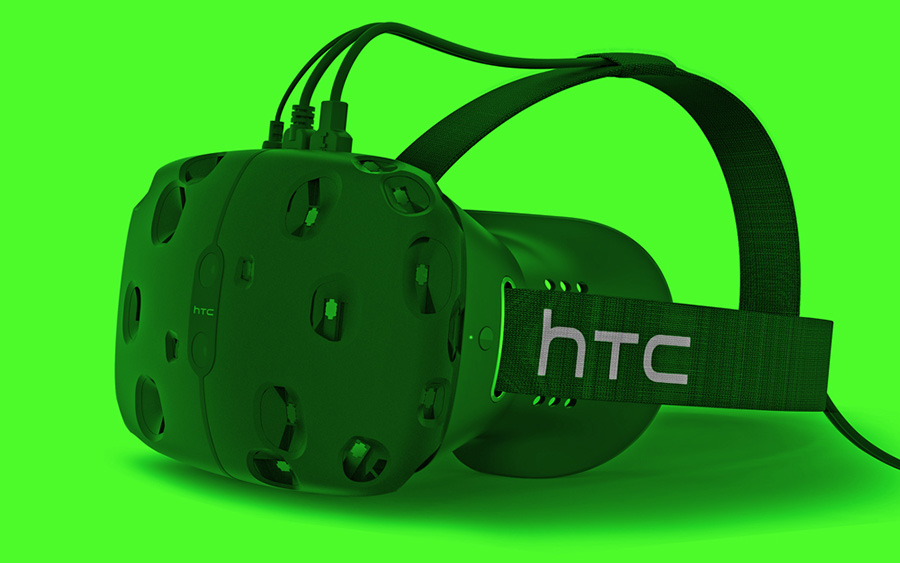
Still, few people have experienced mixed reality and fewer can even define it as the technology appears on the cover of Time and Wired magazines as if some revolution is already underway. In some ways, it is. In critical other ways, however, it is still years away.

Consumers bought mobile phones for at least a decade before the iPhone made its debut in 2007. A cell phone had increasingly become a necessity — a business tool expensed by your employer or a lifeline for emergency use as consumers were charged per minute and text message. Not till the iPhone and Android, however, did the user interface and the economics arrive at a perfect middle ground to unleash an explosion that would enable phones to become the first computer for many in the developed world and the 1st electrical device for those in the third world.
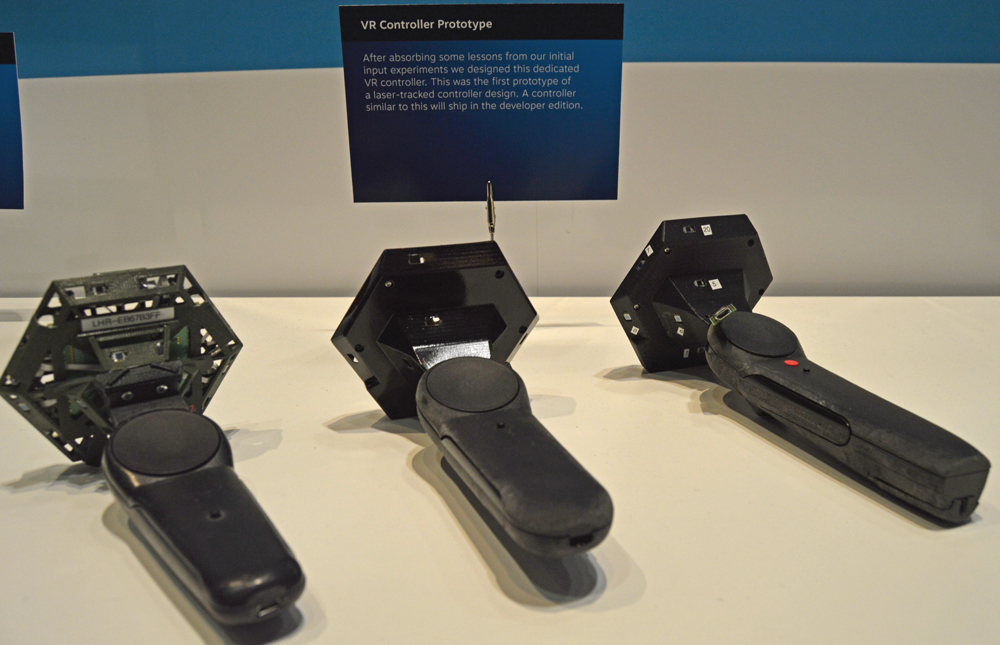
Mixed reality, too, could sell to consumers for years before it has its “iPhone” moment. It may be the very reason we have heard so little from Apple about mixed reality technologies, despite the acquisition of Kinect sensor PrimeSense and augmented reality company Metaio.

Actually, if you count Gear VR and Google Glass, not to mention less well-known devices like Epson’s Moverio, mixed reality technologies have already been on the market for years. Glass was a $1,500 flop and Gear VR can’t positionally track a person wearing it, restricting it to being used standing in place or in a swivel chair. These devices are cool but they lack something critical. There is no must-have reason to use it, unlike a cell phone which connected you to others when you absolutely needed it.
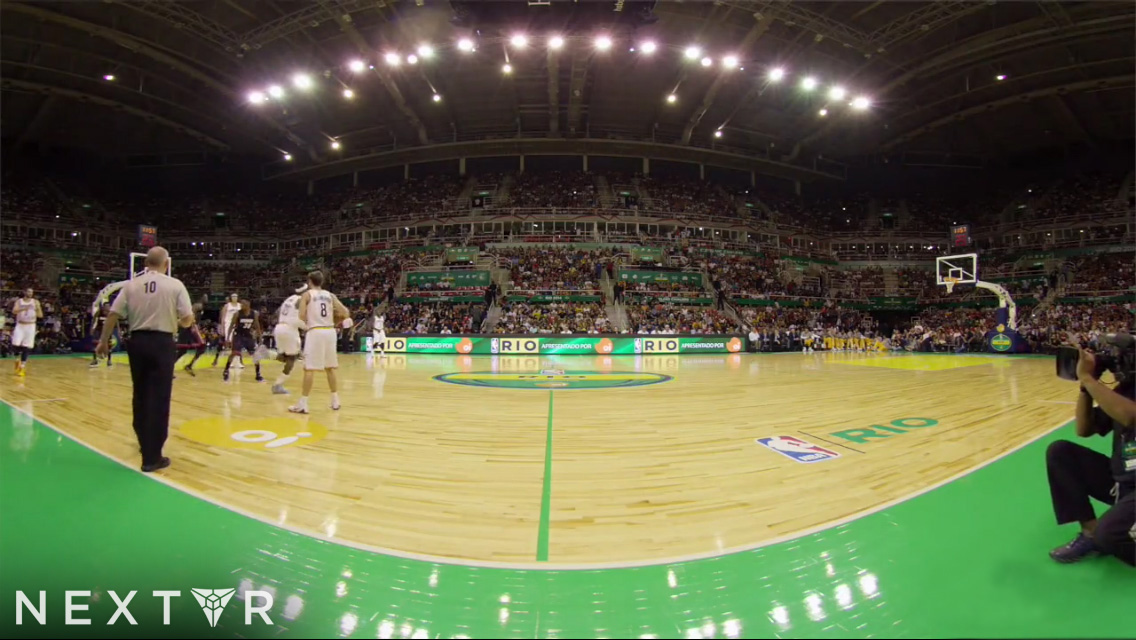
“We haven’t seen the thing that’s going to cause people have to use VR day after day because it’s so compelling,” Oculus chief scientist Michael Abrash said during the Oculus developer conference last year.
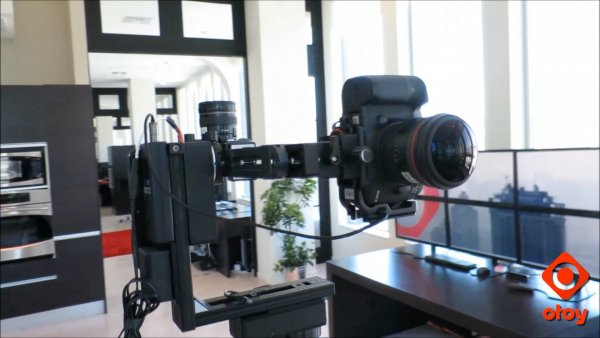
The entire technology industry is working to change that. Abrash himself is up in Seattle, Washington working for Oculus on long-term research projects to solve VR’s hardest problems. Google hired the developers of Tiltbrush and invested an enormous amount of money in Magic Leap to leapfrog Oculus while Microsoft is trying to excite consumers again by pitching HoloLens, a device which is likely very expensive.

While these companies have internal teams developing products as we move closer to mainstream mixed reality, they will require the talents and technologies of others to go that extra mile and create a breakthrough experience at the right price akin to the iPhone. Companies like Facebook, Apple and Google acquire others for a variety of reasons and the price of an acquisition can change dramatically based on a number of competitive reasons. I can’t predict which companies will get acquired, or for how much, but I can suggest which ones are worth watching as their talent and technologies could catch the notice of Google, Apple, Facebook, Microsoft, Samsung or others in the coming years. The companies on our investment list and those listed throughout this post are just a few of the ones I will be watching in the coming years as acquisition targets.
